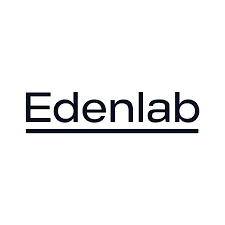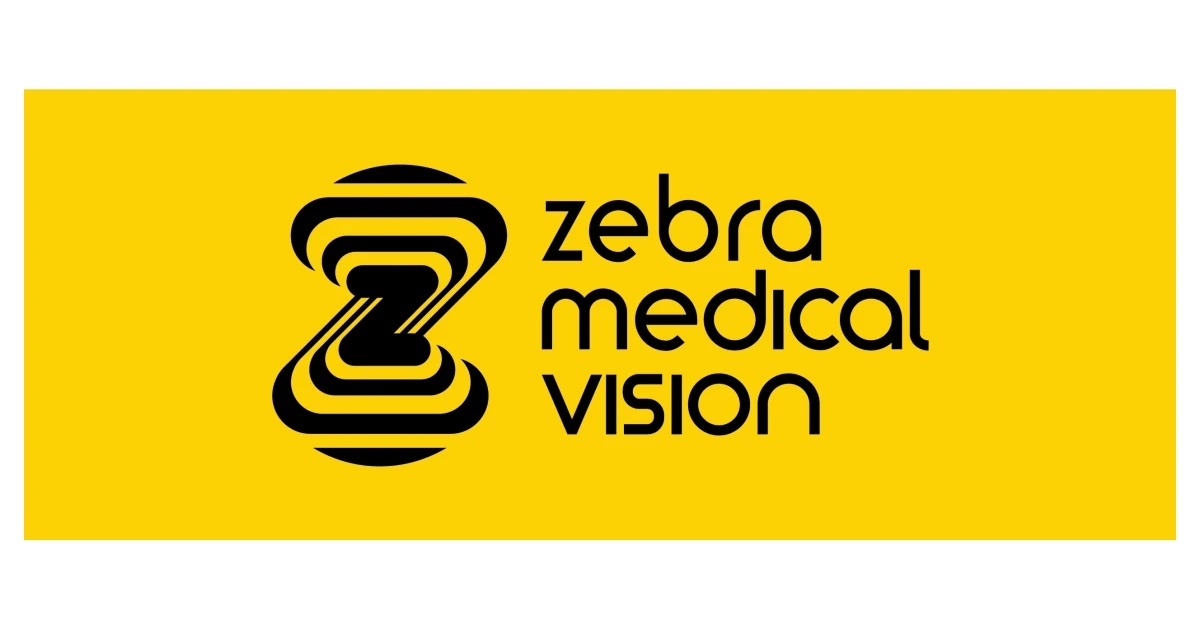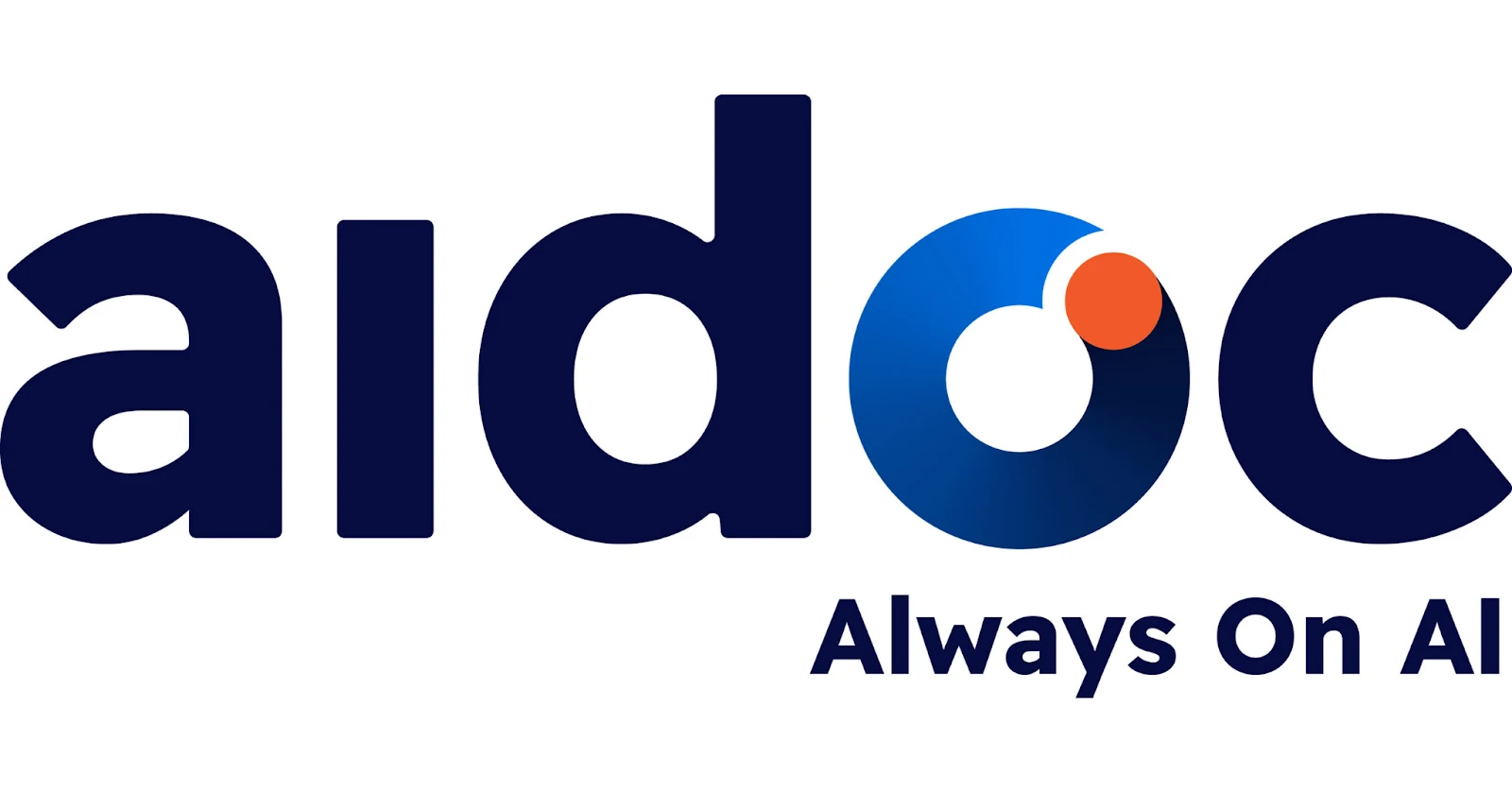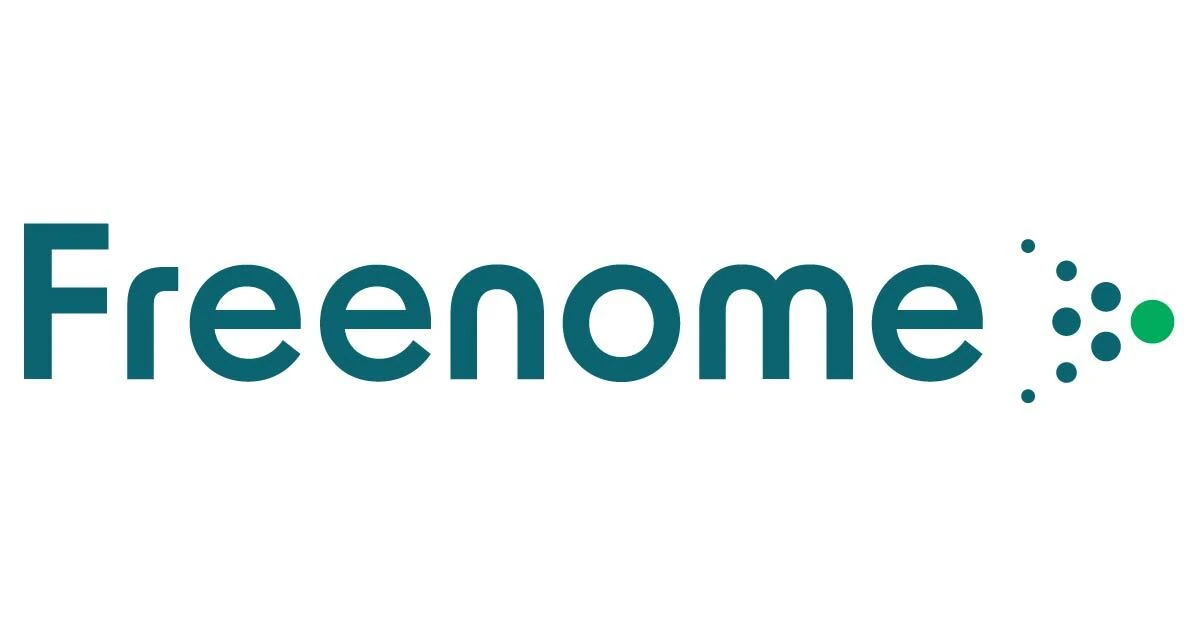Artificial intelligence is transforming healthcare by enhancing diagnostics, streamlining clinical workflows, and enabling precision medicine. From predictive analytics to natural language processing and medical image recognition, AI solutions are helping healthcare systems achieve efficiency and accuracy at scale. Below is a list of the top AI healthcare companies pioneering this transformation through data science, automation, and innovation.
The leading AI healthcare companies in 2025 are trailblazing innovation across patient care, diagnostics, digital health, and medical research. These organizations harness artificial intelligence to improve efficiency, enhance diagnostics, accelerate drug discovery, and create personalized care at scale.
This article explores the leading AI healthcare companies that are defining innovation in 2025. It highlights how they’re transforming patient care, improving efficiency, and saving lives.
Key Takeaways
- AI healthcare is transforming patient care through enhanced diagnostics and streamlined workflows.
- Leading AI healthcare companies like Edenlab, Tempus AI, and PathAI drive innovation in personalized medicine and clinical decision-making.
- These companies utilize AI technologies, such as machine learning and data analytics, to improve medical outcomes and operational efficiency.
- Future trends include expanding AI ecosystems, real-time clinical decision support, and greater patient empowerment through technology.
- Overall, AI healthcare is revolutionizing medicine, making it smarter, faster, and more accessible.
Table of Contents
1. Edenlab
Edenlab is a forward‑thinking software engineering company specializing in healthcare interoperability, data management, and AI‑driven applications. The AI healthcare company builds advanced systems that integrate FHIR standards, clinical data repositories, and machine learning components. They work on large‑scale healthcare projects. Edenlab’s expertise lies in constructing high‑load, high‑security infrastructures that can handle millions of patient records across national health systems.

As one of the most trusted AI healthcare solution developers, Edenlab helps partners create predictive analytics tools, clinical decision‑support engines, and data exchange ecosystems. Importantly, these adhere to strict regulatory standards. Their solutions enable hospitals, governments, and health‑tech startups to unlock the power of AI for better patient outcomes and operational efficiency.
2. Tempus AI
Tempus AI is a leader in precision medicine, using artificial intelligence and machine learning to analyze clinical and molecular data. The company focuses on oncology, cardiology, and infectious disease, providing physicians with actionable insights through data‑driven analytics. Its AI models assist in treatment decision‑making, patient stratification, and drug discovery, driving personalized healthcare approaches.

3. PathAI
PathAI uses deep learning algorithms to assist pathologists in diagnosing diseases more accurately. Their platform analyzes digital pathology slides to detect cancerous cells, measure tissue features, and predict disease progression. By integrating AI into pathology workflows, PathAI improves diagnostic speed and accuracy. Moreover, it helps pharmaceutical companies enhance biomarker discovery and clinical trial outcomes.

4. Zebra Medical Vision
Zebra Medical Vision is known for applying AI healthcare to radiology. Their platform processes millions of medical imaging scans to detect and flag abnormalities in real time. This supports clinicians in early detection of diseases such as cancer, cardiovascular issues, and osteoporosis. The company’s AI‑based insights are FDA‑approved and used by hospitals globally. They help radiologists improve workflow efficiency and diagnostic confidence.

5. Aidoc
Aidoc offers AI‑based radiology solutions designed to help clinicians identify acute medical conditions directly from imaging scans. Their deep‑learning algorithms prioritize cases with urgent findings, improving triage and reducing turnaround time for critical results. Aidoc’s products are seamlessly integrated into PACS systems, providing immediate, actionable insights that speed up patient care.

6. Freenome
Freenome leverages AI healthcare and multi‑omics data to develop early cancer detection tests. Their proprietary machine learning models analyze blood samples to identify molecular patterns that signal the presence of cancer at early stages. Freenome’s AI platform combines genomics, proteomics, and epigenetics. These offer insights that could revolutionize preventive medicine and population health.

7. Biofourmis
Biofourmis specializes in digital therapeutics and AI‑driven remote monitoring solutions. Their platform uses wearable sensors and advanced algorithms to predict health deterioration in patients with chronic conditions such as heart failure and respiratory disease. The company partners with hospitals, insurers, and pharmaceutical firms to create data‑driven care pathways. These improve patient outcomes while reducing readmissions.

Future Trends in AI Healthcare 2025
- Digital and AI Ecosystems: AI tools are now expanding beyond single tasks to automate entire patient care episodes. From intake through treatment plans, they adapt in real time to improve outcomes.
- Clinical Decision Support: AI healthcare increasingly supplies clinicians with near-instant access to evidence-based guidelines and analytics. This accelerates diagnostics while minimizing errors.
- Patient Empowerment: Wearables, smart implants, AI chatbots, and apps assist patients. They help in managing chronic diseases, tracking biometrics, and accessing on-demand care.
- Generative AI Adoption: Many AI healthcare companies are leveraging generative AI models. They automate documentation, augment diagnostics, and personalize treatments at scale.
Conclusion
Artificial intelligence has become a cornerstone of the modern healthcare ecosystem. It enables predictive diagnostics, operational automation, and personalized treatment plans. The companies listed above represent the leaders in bringing these innovations to life. Edenlab, in particular, stands out for its deep expertise in healthcare data architecture and AI integration. As experienced AI healthcare solution developers, Edenlab bridges the gap between complex medical data and actionable intelligence. They empower healthcare organizations to scale innovation responsibly and effectively. These pioneers are shaping the future of medicine, making healthcare smarter, faster, and more accessible than ever before.
These innovators, alongside those already covered, represent the pinnacle of AI healthcare for 2025. They are driving transformative change from patient communication to emergency intervention, precision medicine, and operational efficiency.











